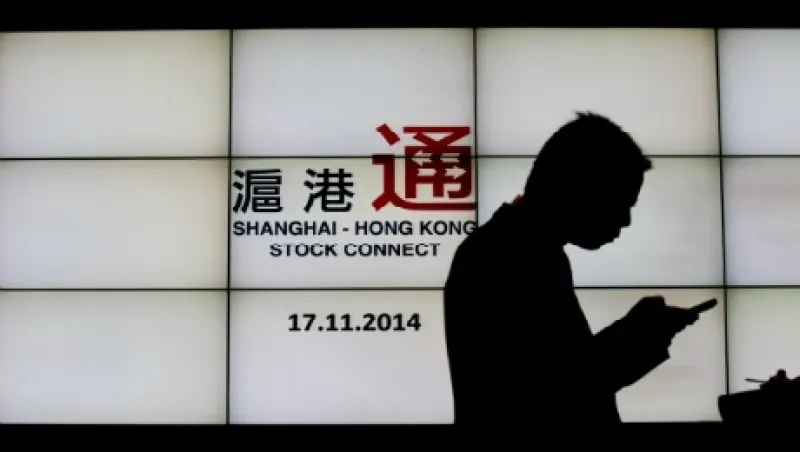
Daily Agenda: Investors Left Guessing About Next PBOC Move
South Korea and New Zealand slash rates; U.K. to sell RBS stake at a loss; Basu calls for delay in Fed rate hike.
Andrew Barber
June 11, 2015


